 WHEN the Royal Commission of Inquiry into the Lingam video clip began its work on Jan 14, there was much scepticism. Questions were raised about the seriousness of the government, the terms of reference of the commission and even its composition. But the report - and a damning report it is - by the commission on the clip showing prominent lawyer Datuk V.K. Lingam allegedly discussing the brokering of judicial posts should allay many of these misgivings. For, the commission did not shy away from fixing responsibility. Neither are the findings and recommendations in the 186-page report nebulous. Well done.
WHEN the Royal Commission of Inquiry into the Lingam video clip began its work on Jan 14, there was much scepticism. Questions were raised about the seriousness of the government, the terms of reference of the commission and even its composition. But the report - and a damning report it is - by the commission on the clip showing prominent lawyer Datuk V.K. Lingam allegedly discussing the brokering of judicial posts should allay many of these misgivings. For, the commission did not shy away from fixing responsibility. Neither are the findings and recommendations in the 186-page report nebulous. Well done. The report confirms something long-known among legal circles, and even the layman, that all is not well with the judiciary. It not only says there was "interference and manipulation" in the appointment and promotion of judges, it adds that there was "misbehaviour" on the part of some, including former prime minister Tun Dr Mahathir Mohamad.
It adds: "This kind of misbehaviour is so unprecedented that were it not for the release of the video clip it may never have come to light." The report says there is cause to investigate some of those named. This includes Dr Mahathir, former chief justices Tun Ahmad Fairuz Sheikh Abdul Halim and Tun Mohd Eusoff Chin, former minister Datuk Seri Tengku Adnan Tengku Mansor, tycoon Tan Sri Vincent Tan and Lingam, who has made lines such as "it sounds like me and looks like me" and "pom, pom, pom" household words.
Saying the selection process of judges is somewhat flawed, the report suggests that the power to recommend the appointment and promotion of judges be vested in a judicial appointments commission. The report is bound to have wide ramifications, not least for the cases heard by Ahmad Fairuz and Eusoff.
While the government should be lauded for making the report public and directing investigations against those named, it must realise that the public will be watching how fast, and how far, it moves. Importantly, the report should spur the government's avowed plan to institute judicial reforms.
The public, for its part, should understand that those named in the commissions's report are innocent until proven guilty in a court of law. As the report counsels, it is one thing to determine in a commission that some misbehaviour has taken place but quite another for the authorities to obtain relevant and admissible evidence from witnesses prepared to testify in a court of law.
Yes, the work of the commission is over. But the real work is only beginning.
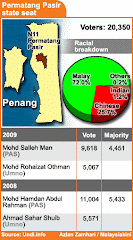

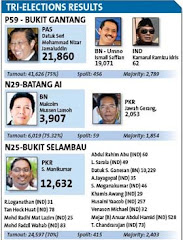

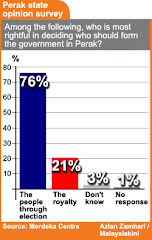
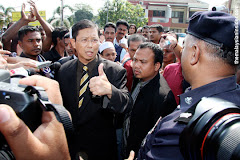
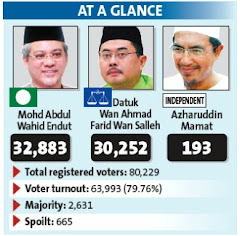
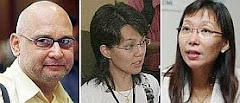

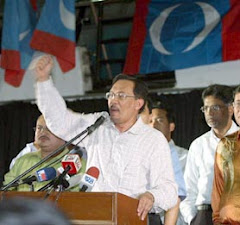

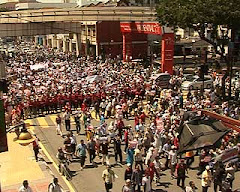

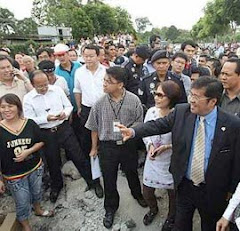
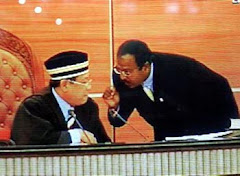


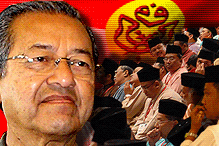
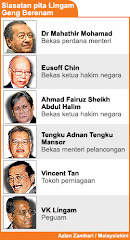
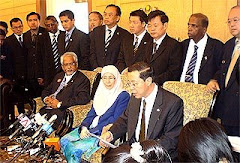
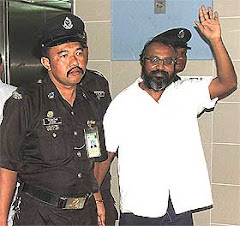
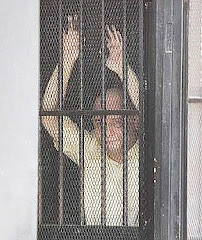


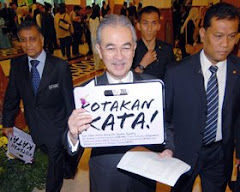
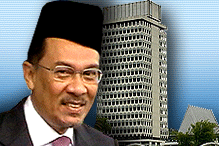
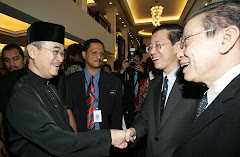






No comments:
Post a Comment